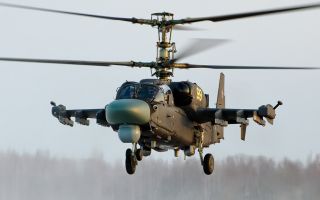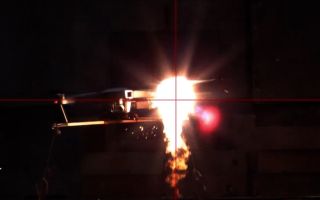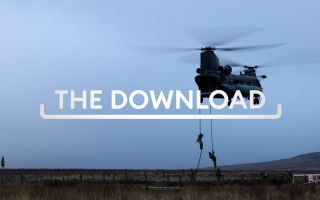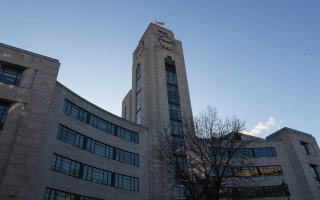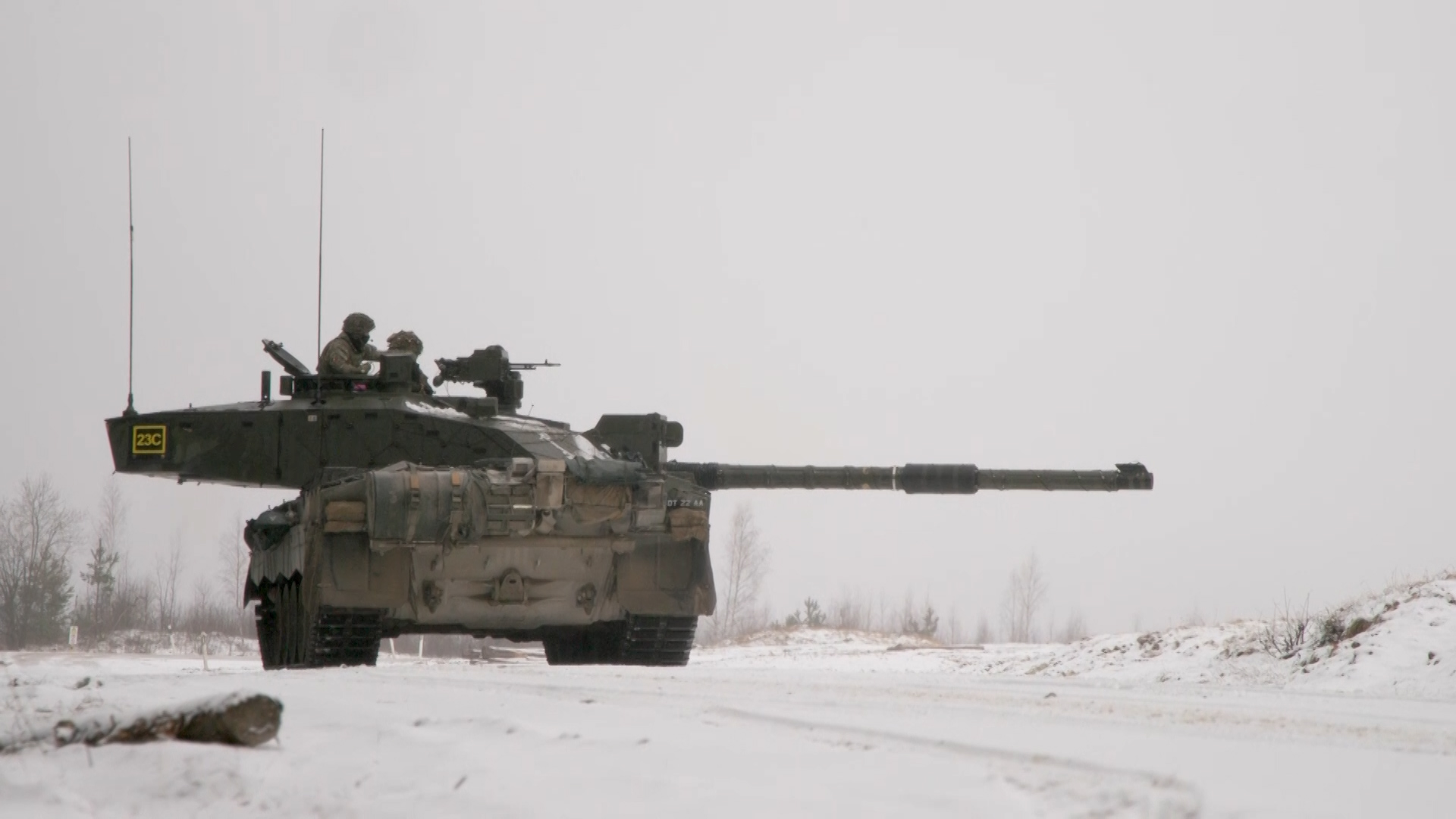
What do Nato and member countries want from this month's summit in The Hague?

Nato chief Mark Rutte has stated that the alliance's members need to increase their defence spending to 5% of GDP as "wishful thinking will not keep us safe" from threats to the military bloc.
The heads of state will congregate to discuss the prospective defence spending target and the ongoing Israel-Iran conflict at the Nato summit in The Hague on 24 and 25 June.
The summit takes place as the Israel-Iran conflict continues unabated, with Jerusalem and Tehran alleging that both sides are breaking the ceasefire.
Nato member states, partner countries like Australia and Japan, and the European Union will attend the summit.
BFBS Forces News has analysed what each country and Nato itself will want to achieve during the meeting in the Netherlands.
Nato
The military bloc, formed in 1949, will want its members to agree to a prospective defence spending increase of 5% of GDP to help the states deal with potential threats in the future.
Nato allies, of which the UK is a part, have allegedly agreed to increase defence spending to 5% of GDP by 2035, Sky News has reported.
The 32-member states' ambassadors validated the terms of the raise before the key summit.
Despite the initial consensus, Spain said that it did not need to follow the policy, hinting at the historical differences between the eastern and western states in the alliance on defence spending.
However, considering the historical differences in defence spending between the Eastern states like Poland, Latvia, and Finland, who have Putin's Russia on their doorstep, and the Western states such as Belgium, Spain, and Italy, who will hit the 2% of GDP target on defence spending this year – the previous one set by Nato – it won't be easy to obtain a consensus on such a steep increase in such a short time.
Mr Rutte, who will be leading his first summit as Secretary General, will need the 32 member states to improve their air and missile capability after seeing how Moscow threatens Kyiv with its missiles and drone attacks regularly.
The 58-year-old will urge the countries to invest in more armoured vehicles, tanks, artillery shells, logistics, supply, transport and medical support.
He will also be required to manage the egos and expectations of the leaders attending the summit, such as President Donald Trump, France's president Emmanuel Macron, and Turkey's president Recep Tayyip Erdogan.
United States
Given the continuing conflict between Israel and Iran, President Trump will want to add the Middle Eastern conflict to a growing list of issues to be debated at the summit, including the Ukraine war and Nato member states' defence spending.
Mr Trump, before leaving for the summit in the Netherlands, said that he was unhappy with both states for violating the ceasefire he had developed, according to Reuters.
"ISRAEL. DO NOT DROP THOSE BOMBS. IF YOU DO, IT IS A MAJOR VIOLATION. BRING YOUR PILOTS HOME, NOW! DONALD J. TRUMP, PRESIDENT OF THE UNITED STATES," the president wrote on his social media site, Truth Social.
The former Apprentice businessman will also want other Nato countries to raise their defence spending to 5% of GDP and to pledge to the boost.
US defence secretary Pete Hegseth said that France, Germany, the Baltic and Nordic states, Poland, Greece and Hungary, had committed to the 5% pledge, according to the BBC.
"We are currently negotiating within the North Atlantic Council, the timelines and what's included in the 5%, both from a core defence standpoint and also defence-related and security-related spending," Mr Trump's US Ambassador to Nato, Matthew Whittaker, said.
The question is whether other countries will follow Washington's ambitious lead on defence spending.
United Kingdom
Sir Keir Starmer heads to the summit with Reform still leading in the polls. The spectre of the Israel-Iran conflict clouds the British Prime Minister as 63 British nationals had to be evacuated from Tel Aviv to Cyprus and onwards to the UK on the eve of the summit. The Prime Minister will need to push for a diplomatic solution to the conflict between Tehran and Jerusalem.
He will also need to seize his moment on the global stage, considering his own party's MPs are threatening to rebel against one of his flagship reforms.
Alongside this, Sir Keir's government has agreed to a rise in defence spending to 5% of GDP.
"There were discussions at Nato [last] week about 5% on national defence and resilience and, of course, we are up for that discussion," Defence Secretary John Healey told The Observer.
"President Trump and the US are right to push Nato allies to do more.
"We've long said European nations need to do more of the heavy lifting.
"And at the defence ministers' meeting on Thursday, you saw everyone stepping up… we'll go as far as we need to ensure the British people are safe."
However, with other parties like Nigel Farage's Reform Party still in front in the polls, the summit will give the Prime Minister the chance to be at the centre of the world stage, getting fireside chats with other world leaders.
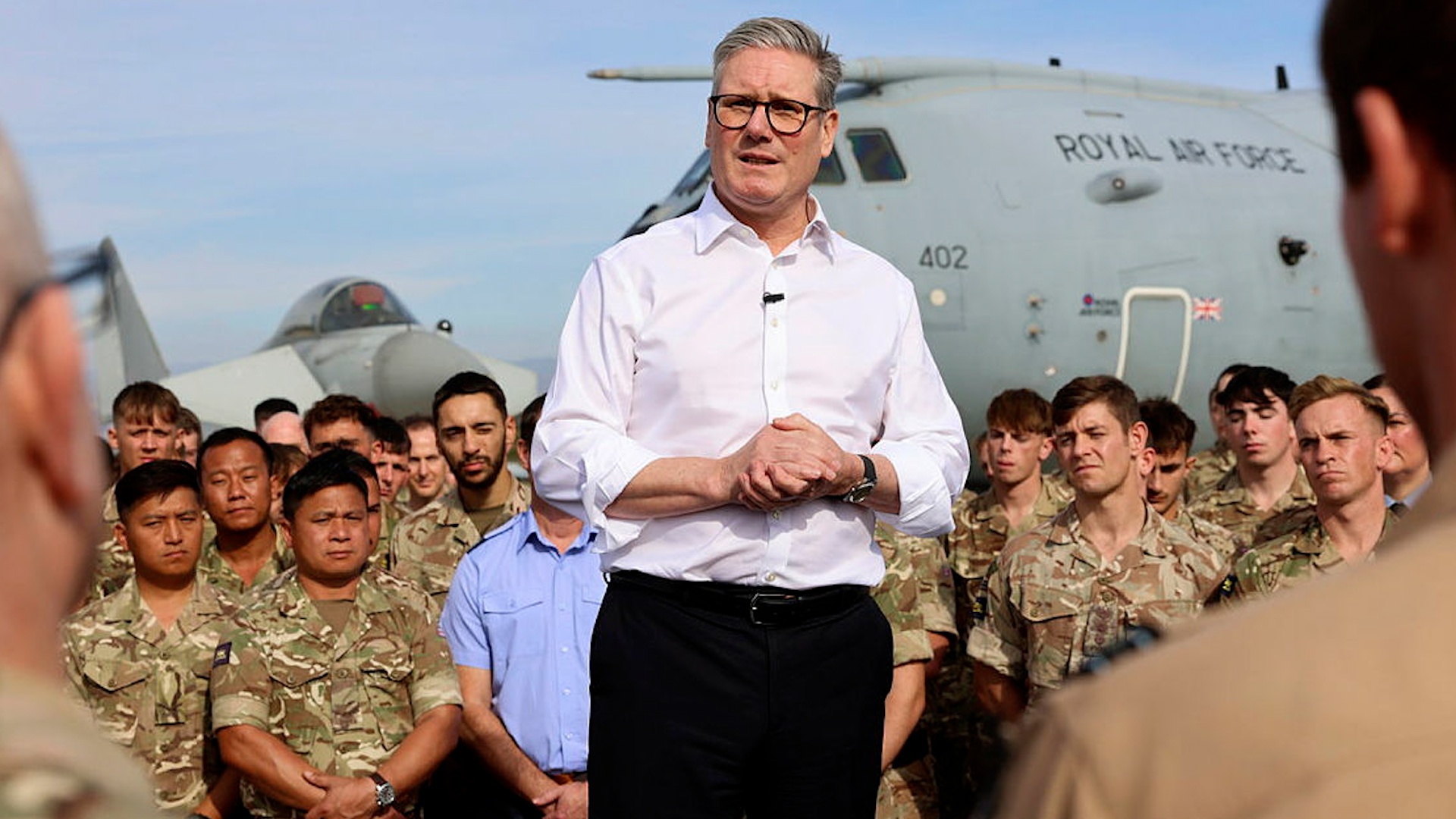
France and Germany
The two traditional powerhouses of post-Cold War Europe will hope that where they lead, the rest will follow.
President Macron has signalled his intent for Paris to raise defence spending to between 3% and 3.5% of GDP, the Financial Times has said.
By contrast, in other policy areas, Macron will head to The Hague at loggerheads with President Trump after he said that the US strikes on Iran violated international law, although Paris still hopes that they can stop Tehran from creating nuclear ordnances.
"There is no legality in these strikes, even if France supports the objective of preventing Iran from getting the nuclear bomb," the French President said in a press conference in Norway's capital city.
The 47-year-old added that Washington did not have a "legal framework" to hit the sites during Operation Midnight Hammer.
Meanwhile, in Berlin, Germany's Chancellor Friedrich Merz won a vote in the Bundestag (the German Parliament) to validate a massive rise in defence and infrastructure spending in March.
Merz's Defence Minister, Boris Pistorius, has hinted that he would be open to boosting Berlin's defence spending in line with Washington's demands in the face of Russian aggression and China's escalations in the South China Sea.
Although, despite Paris and Berlin's words in recent weeks, can Macron, who continues to have difficulties in national elections, and brand-new Chancellor Merz push Europe together to get behind the defence spending surge?
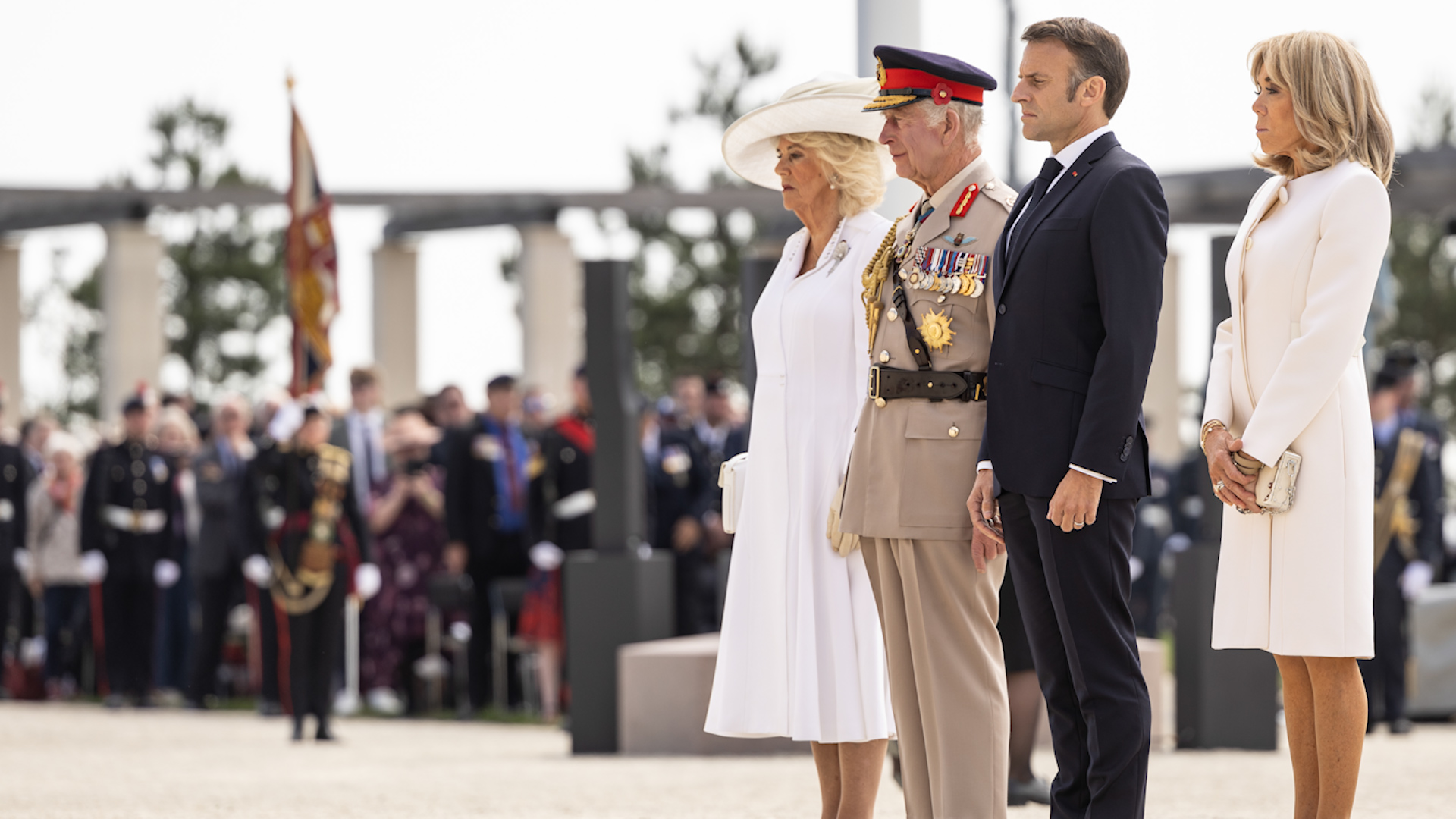
The Baltic states – Estonia, Latvia, Lithuania
As Moscow and Kyiv continue to launch drone attacks at each other as the Ukraine war rumbles on during its third year, the Baltic states will hope that European countries stick to their commitments to Nato and defence spending.
Estonia has revealed that it will increase defence spending by €2.8bn over the next four years, meaning Tallinn will be spending 5.4% of GDP on defence spending, going above Donald Trump's specified target for defence spending.
Meanwhile, Latvia and Lithuania have some of the biggest defence spending in relation to GDP in Nato.
Ukraine
Since Ukraine is not a member of Nato, President Zelensky cannot directly influence proceedings in The Hague.
Mr Zelenksy will hope that there can be a continued focus on Ukraine, considering the current war in the Middle East.
Kyiv will be hoping that the states gathered will give more financial assistance and other support to Ukraine's cause.
The Ukrainian leader will also be watching what Mr Trump says about the conflict following their fractious meeting in the White House in February.

